A complete shutdown of economic activity is being threatened by NUJ and NLC due to rising gasoline prices.
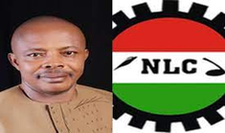
The Nigerian Labor Congress (NLC) and the Nigerian Union of Journalists (NUJ) have called for a nationwide strike to take place on Wednesday, June 7, 2023.
If the federal government doesn't change its recent fixed fuel policy, this course of action would be followed. As required by the NLC, Nigerian National Petroleum Company Limited (NNPCL) sets the pump price.
After careful consideration of the matter, the NUJ Central Working Committee endorsed the NLC's suggested resolution to join the strike.
The NUJ contends that while eliminating the fuel subsidy could free up funds for infrastructure improvement and boost employment, its abrupt elimination could spark social unrest and protests.
The NUJ also notes that high inflation and the already-astronomical rise in the cost of petroleum items have significantly lowered the purchasing power of the general public.
The NUJ has therefore instructed all union state councils to organize members to resign their positions and launch nationwide protests on Wednesday, June 7, 2023, if NNCPL is unable to change the new regime of oil price levels.
The union is a part of the sizable opposition in Nigeria against the increase in petrol pump prices. To direct money toward infrastructure development and increase employment, the government cut back on fuel subsidies. Nevertheless, this action has drawn criticism from many Nigerians, who contend that it will raise the cost of living and harm already vulnerable residents.
The proposed closure will stop all economic activity in the nation, including that of the manufacturing and transportation industries. Most loss-making businesses are taking a wait-and-see approach as Nigerians get ready to strike.
Due to the fact that most of Nigeria's journalists are union members, the NUJ's decision to join the strike is essential. This implies that the strike might also have an impact on how the country's media outlets run, slowing down news coverage.
The nation's economic operations, particularly those in the manufacturing and transportation sectors, would be paralyzed by the proposed closure.
The majority of loss-making enterprises have adopted a wait-and-see mentality as Nigerians get ready to strike.
Because union members make up the majority of Nigeria's media, the NUJ's decision to join the strike is critical. This implies that the strike might also have an impact on how the media in the nation run, which would slow down news coverage.
Related news


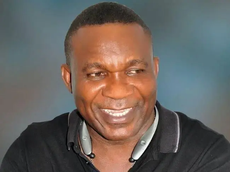

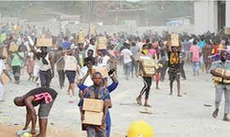

More hardship for Nigerians as prices of rice, beans, garri, and others spike by 50%
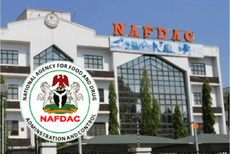
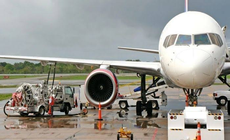
Scarcity of Forex, and high price of aviation fuel threatening our operations – Airline operators
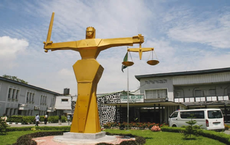

More news »
Latest Posts

Top 5 best cheapest and fastest VPS hosting providers

What is remote work? (Meaning, Examples, Type, Pros and Cons)

How to become a professional Writer, (step-by-step guide)

Tips for becoming a successful public speaker, and monetizing your skill
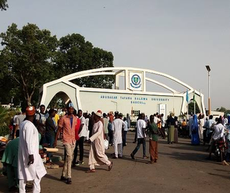
ATBU shut down campuses after students’ protests
More Posts »